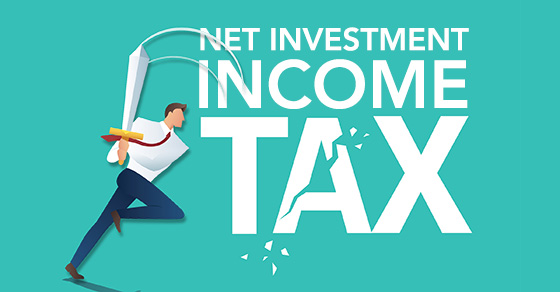Eligible Businesses: Claim the Employee Retention Tax Credit
The Employee Retention Tax Credit (ERTC) is a valuable tax break that was extended and modified by the American Rescue Plan Act (ARPA), enacted in March of 2021. Here’s a rundown of the rules. Background. Back in March of 2020, Congress originally enacted the ERTC in the CARES Act to encourage employers to hire and […]
Eligible Businesses: Claim the Employee Retention Tax Credit Read More »








